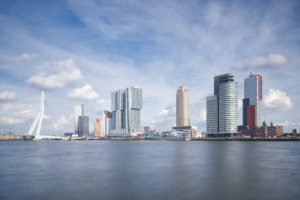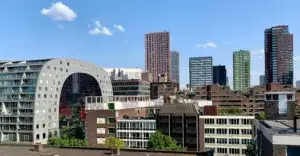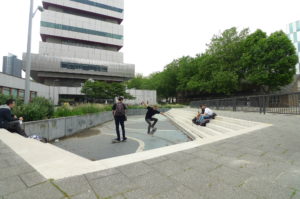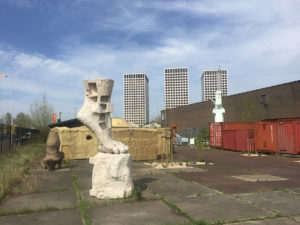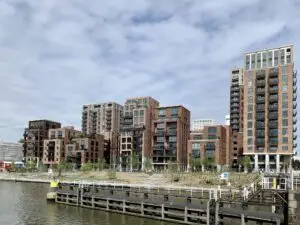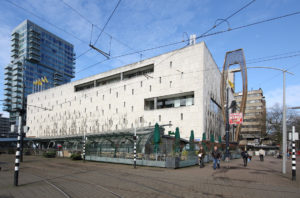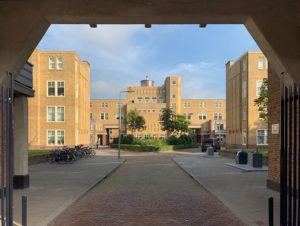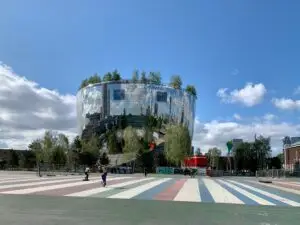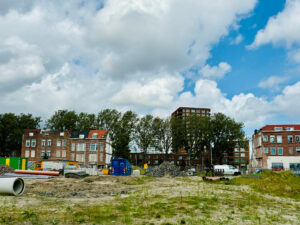Urban Renewal in Zuid
- Rotterdam
- Duration: 3–4 hours
- Date and time to be defined
- max. 25 participants per guide
- by public transport
- Contact us for a quote
At the turn of the 19th century, Rotterdam began its southward expansion, combining new harbor developments with housing for the city’s burgeoning workforce. Over time, this area- Rotterdam-Zuid — became home to lively communities, but also faced significant socioeconomic challenges, including low average incomes, high proportions of single-parent households, and aging infrastructure.
Today, Zuid is at the heart of Rotterdam’s urban renewal efforts, navigating the complex interplay of demolition, gentrification, and rehabilitation.
This tour offers a first-hand exploration of how the city is reshaping this area, balancing the need for development with preserving community identity and addressing social inequalities. It sheds light on the intersection of housing policy, urban design, and community renewal, showcasing innovative approaches to transforming historically challenged neighborhoods into thriving urban spaces.
Tour Highlights: Urban Renewal in Zuid
> Kiefhoek (J.J.P. Oud, 1927–30): A modernist classic and one of the most significant housing projects of the early 20th century, offering lessons in rationalist design and social housing ideals.
> Malieklos (DP6, 2022): Explore 84 high-quality social rental homes seamlessly integrated into the existing urban fabric
> Tweebosbuurt: Examine the controversial tabula rasa approach to urban renewal, where 535 homes have been demolished to make way for new housing developments.
> De Roseknoop (LEVS, 2024): High-rise with 137 social rental units
> KOER (V8 Architects and ArchitectuurMAKEN, 2025): Mixed-use project of 167 dwellings centered around a collective courtyard
> Parkstad Zuid: Large-scale redevelopment of a former railway yard into a new neighborhood
> Sport Center Feijenoord and Huis op Zuid (Koen van Velsen, 2024): High-rise tower alongside sports facilities
> De Kuil (Roffaa, 2025): 232 dwellings around a shared green courtyard

